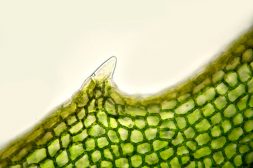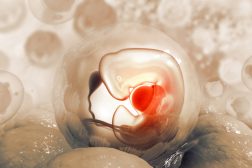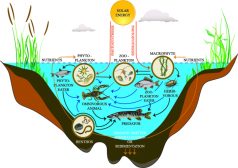Definition
noun
A kind of perspiration in which the water in sweat evaporates soon before the body perceives it as a moisture on the skin
Supplement
Through perspiration, the body is able to regulate body temperature by losing heat as the water contained in the sweat evaporates. In humans, it is carried out by the sweat glands in response to external factors, such as ambient temperature and humidity. There are two forms of perspiration: the insensible perspiration and sensible perspiration. Insensible perspiration refers to the perspiration that happens before it is perceived or “sensed”. This is in contrast to sensible perspiration. The key point in insensible perspiration is that it is a form of perspiration in which there is no loss of pure water and there is no associated loss of solute.1 Apart from secreting a watery fluid, insensible perspiration also refers to the evaporation from the lungs. Thus, an insensible perspiration occurs from both the skin (trans-epithelial) and respiratory tract. It is not under regulatory control and accounts for the daily main source of heat loss from the body.
Synonym(s):
- insensible water loss
Compare:
- eccrine
- perspiration
- sensible perspiration
- sweat gland
- sweating
See also:
Mentioned in:
Reference(s):
1Kerry Brandis. Insensible Water Loss. http://www.anaesthesiamcq.com/FluidBook/fl3_2.php







